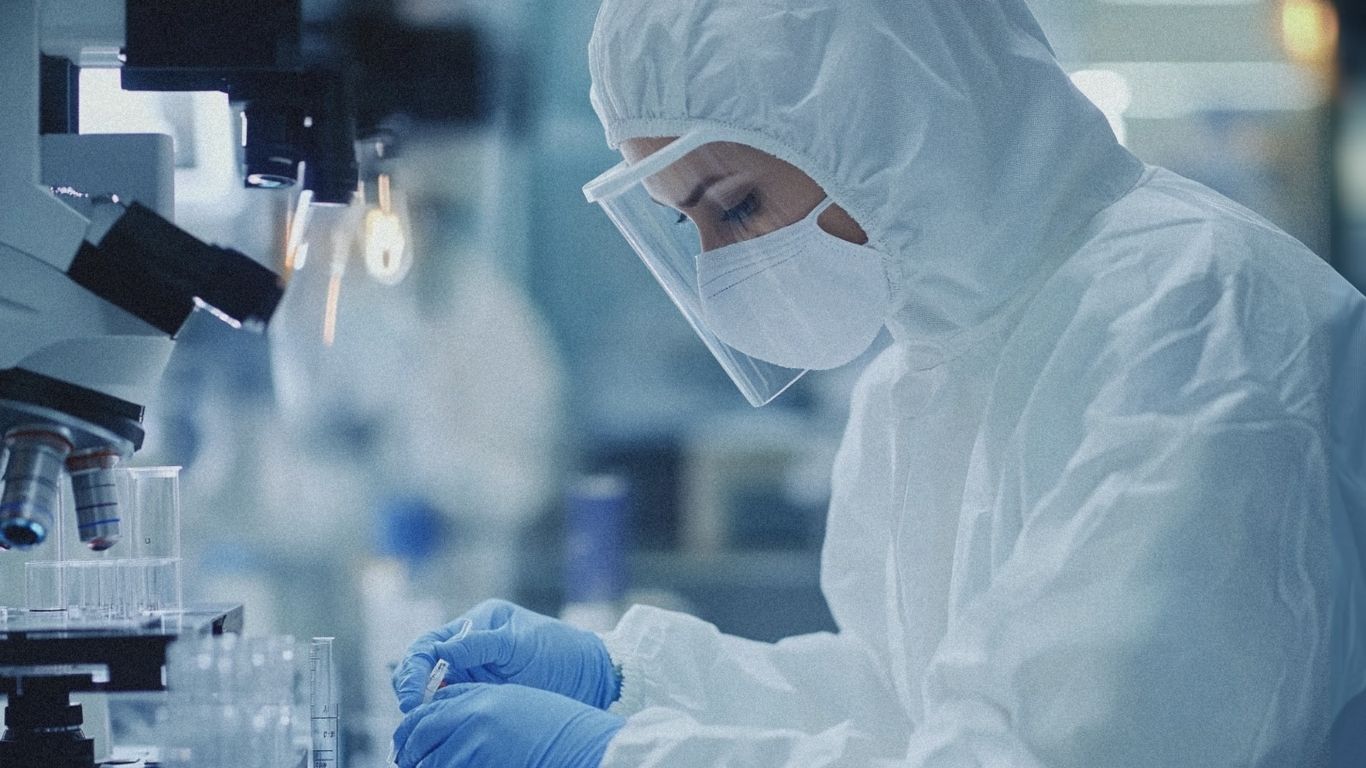Quick Summary
•Setback: Neurogene reported an adverse event in its high-dose gene therapy trial for Rett syndrome, involving liver toxicity and immune responses.
•Key Issue: Safety concerns with high-dose AAV vectors underline the need for innovative delivery systems.
•Future Outlook: Advances in vector design, dosing strategies, and alternative therapies are paving the way for safer and more effective treatments.
Gene therapy has revolutionized how scientists approach rare genetic diseases, offering hope for conditions that previously lacked effective treatments. However, it is not without challenges. Neurogene’s recent setback in its high-dose gene therapy trial for Rett syndrome highlights the complexities of balancing safety and efficacy.
The trial encountered a serious adverse event, including liver toxicity and immune system activation, which are common risks associated with high-dose adeno-associated viral (AAV) vectors. Despite these issues, Neurogene plans to continue developing its therapy, focusing on lower doses and exploring innovative methods to improve safety.
High-Dose AAV Therapy: Promise Meets Peril
AAV vectors have become a cornerstone of gene therapy due to their ability to deliver genetic material into cells effectively. However, high doses are often required to achieve therapeutic levels, especially for neurological disorders like Rett syndrome. While this approach can produce dramatic benefits, it also increases the risk of complications, such as immune overactivation and liver stress.
For Neurogene, the trial’s low-dose cohort demonstrated a favorable safety profile, suggesting that the therapy remains viable. The company now faces the challenge of refining its dosing strategies to minimize risks while maintaining efficacy.
Innovations Driving the Future of Gene Therapy
The challenges Neurogene faces are not unique. Across the biotech industry, researchers are developing new technologies to address the limitations of AAV therapies:
1. Next-Generation AAV Vectors: Modified vectors with higher efficiency can reduce the required dosage, potentially lowering toxicity risks.
2. Alternative Delivery Platforms: Technologies such as lipid nanoparticles and exosomes offer non-viral delivery options, bypassing immune activation.
3. Targeted Gene Editing: Advances in CRISPR-based therapies allow for more precise interventions, reducing the need for systemic delivery.
The Significance of Rett Syndrome Research
Rett syndrome, caused by mutations in the MECP2 gene, affects neurological development, leading to severe cognitive and motor impairments. With no approved treatments targeting its genetic root cause, Neurogene’s work is crucial. Success in this field could pave the way for gene therapies addressing other complex genetic disorders.
Moving Forward
While Neurogene’s trial has faced setbacks, it represents an important step in the evolution of gene therapy. By addressing the risks associated with high-dose AAV delivery, the biotech industry is paving the way for safer, more effective treatments. Neurogene’s continued focus on low-dose strategies and alternative delivery systems underscores the resilience and innovation driving the field forward.



